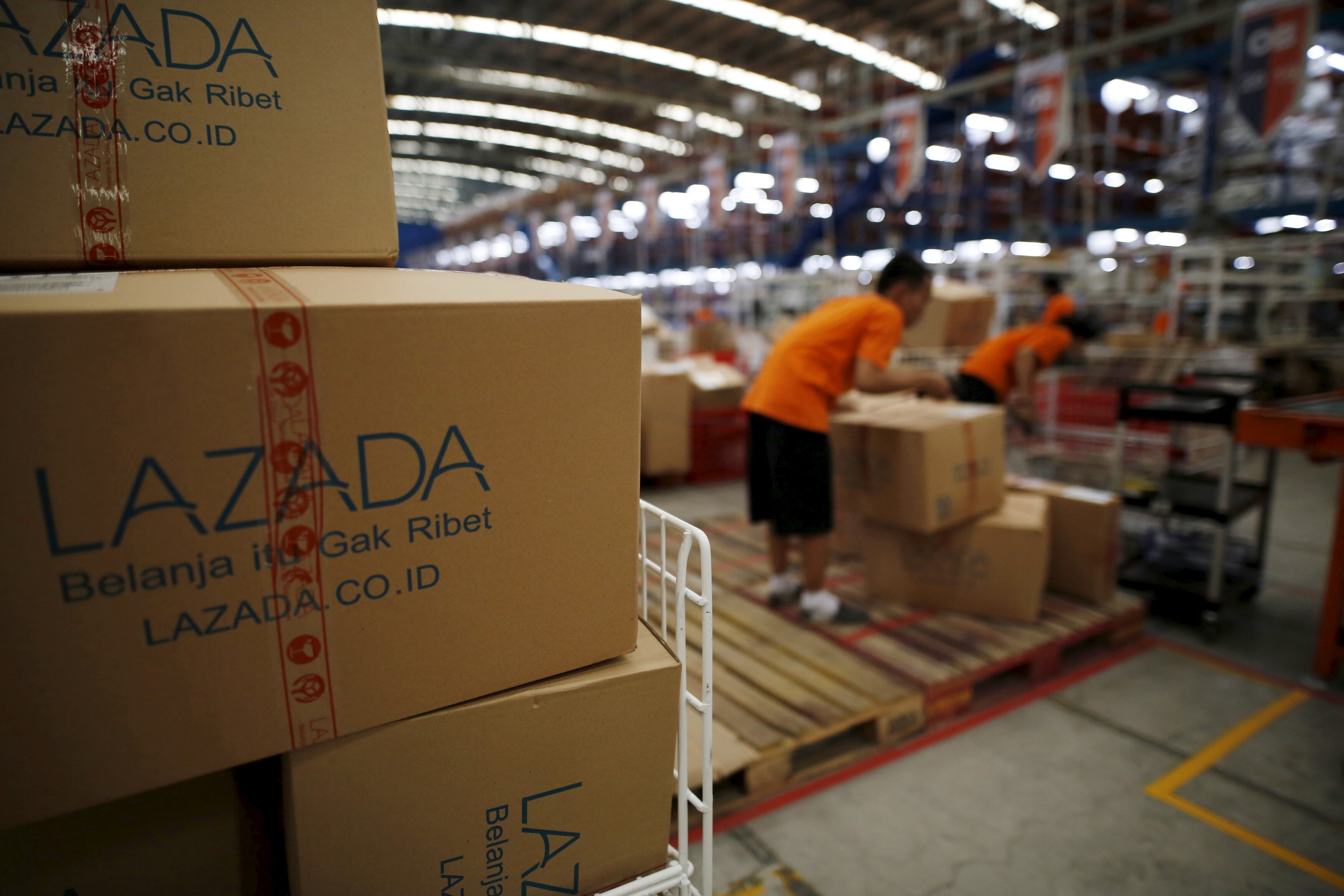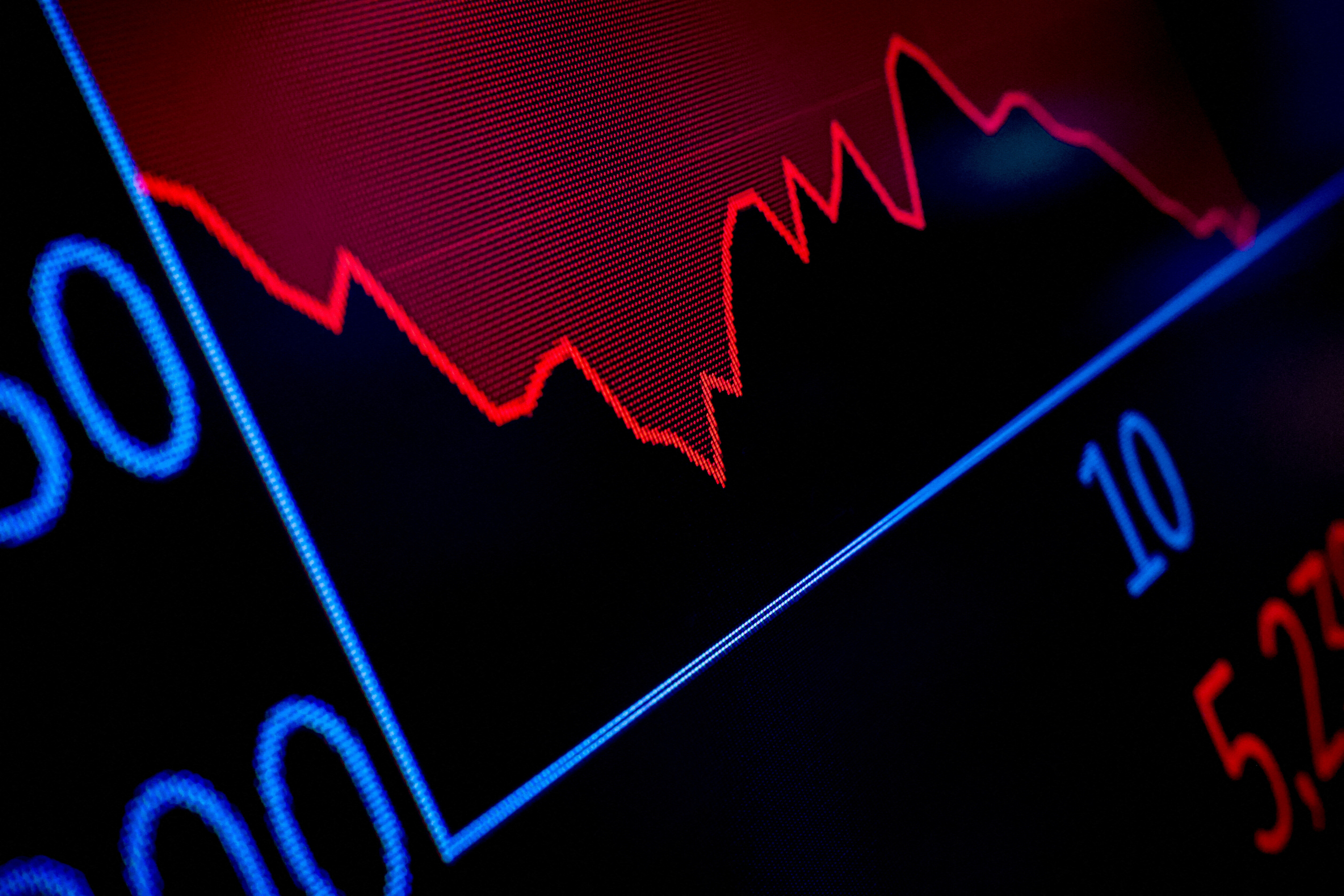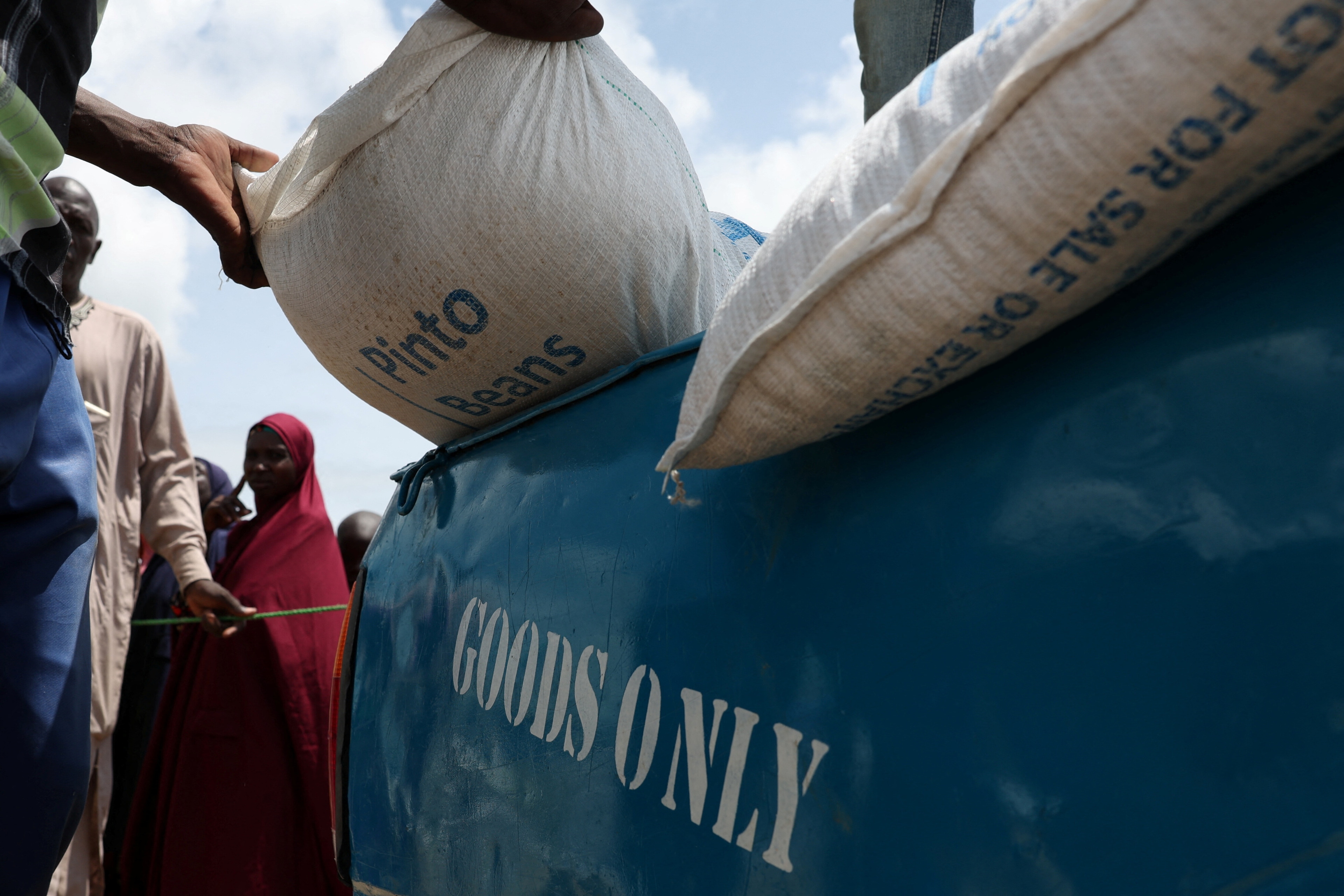International trade: what you need to know this month

Top international trade stories: BRICS and G20 add members; Rice supplies under strain as India restricts export; and more. Image: REUTERS/China Newsphoto
Edgard Carneiro Vieira
Lead, Government Affairs and Public Policies – Latin America, World Economic ForumListen to the article
- This monthly roundup brings you a selection of the latest news and updates on global trade.
- Top international trade stories: BRICS and G20 add members; Rice supplies under strain as India restricts export; Rising sea levels threaten world's biggest ports.
1. BRICS and G20 add new members
The BRICS bloc of emerging market economies has agreed to add six new members in what will be the biggest expansion in its history, and the G20 has added the African Union as a permanent member.
The BRICS group of Brazil, Russia, India, China and South Africa has invited Saudi Arabia, Iran, Ethiopia, Egypt, Argentina and the United Arab Emirates to join, as it looks to counterbalance the G7 and Western-led organizations, the Financial Times says.
"This membership expansion is historic," said Chinese President Xi Jinping. "It shows the determination of BRICS countries for unity and cooperation with the broader developing countries."
The new BRICS members will join on 1 January 2024, and more additions could follow, according to South African President Cyril Ramaphosa. Indonesia has reportedly declined the possibility of joining, but says it is discussing the option internally.
The BRICS group makes up 18% of global exports and this share is rising, with growth in intra-BRICS exports outstripping the global average, according to a United Nations report. The bloc's share of global foreign direct investment (FDI) inflows doubled to 22% between 2001 and 2021.
The group has called for reforms of the UN Security Council, International Monetary Fund and World Bank, and UN Secretary-General António Guterres said following the BRICS expansion deal that he supports these suggestions. "Today's global governance structures reflect yesterday's world," he said. "For multilateral institutions to remain truly universal, they must reform to reflect today's power and economic realities."
The African Union's introduction into the G20 is likely to influence trade flows from the continent. Africa has the world’s largest free trade area, the African Continental Free Trade Area (AfCFTA), and is home to more than 30% of the critical minerals needed in energy transition technologies, AP reports. Meanwhile, the G20's members account for three-quarters of world trade and roughly 85% of global GDP.
A new trade transport corridor was also floated at this month's G20 talks in India, with backing from the US, the EU and Saudi Arabia. The ship and rail route linking India to the Middle East and the Mediterranean would counter China’s Belt and Road Initiative.
2. Rice supplies under strain and prices surge as India restricts exports
Rice prices have surged after India introduced several export restrictions. The country banned shipments of non-basmati white rice in July because of tighter global supplies, and placed a 20% duty on exports of parboiled rice in late August.
This triggered a 9.8% rise in the UN Food and Agriculture Organization's All Rice Price Index in August compared with a month earlier, putting it at a 15-year nominal high.
Prices are up by around a fifth in leading exporting countries such as Thailand and Vietnam. Traders expect other exporters to put in place similar restrictions because of concerns over domestic food security, while the FAO says there are "concerns that export restrictions would be extended to other rice types".
India provides over 40% of global rice exports, shipping more than 22 million tonnes in 2022, and the new restrictions threaten already vulnerable world rice markets, according to the International Food Policy Research Institute. More than 40 countries in Asia and Africa get over half of their rice imports from India, it notes.

India has designated export quotas for non-basmati white rice to Bhutan, Mauritius and Singapore. It has also given traders clearance to export thousands of tonnes of rice left sitting in ports because of the sudden ban.
The Philippines, one of the world's leading rice importers, has put in place price ceilings after the rising cost of rice caused inflation to accelerate for the first time since the start of the year.
3. News in brief: Trade stories from around the world
Russia will only return to the Black Sea grain deal if it receives a deal supporting its own exports of food and fertilizer. Moscow withdrew from the agreement in July. The deal allowed Ukraine to export over 32 million tons of corn, wheat and other grains.
Rising sea levels could stop some of the world's biggest ports from being able to function by 2050, according to the Global Maritime Trends 2050 report. "Of the world’s 3,800 ports, a third are located in a tropical band vulnerable to the most powerful effects of climate change," says a spokesperson for Lloyd's Register, which commissioned the report.
Changing weather patterns are already impacting port operations. A severe drought in Panama is leading to 50% rises in waiting times for ships entering the Panama Canal, creating large backlogs of vessels. The Panama Canal Authority expects to restrict transit and ship size for at least another 10 months to try and preserve water until the rainy season. Read an in-depth review of the issues at the Panama Canal by our Digital Editor, Spencer Feingold.
Global goods trade rose in the second quarter following two quarters of decline, according to the World Trade Organization's (WTO) Goods Trade Barometer. Strong vehicle sales pushed the barometer up to 99.1, from 95.6 in May. But it is still short of its 100 baseline, indicating that goods trade is slightly below trend.

The US plans to set up a "commercial issues working group" to help resolve trade differences with China more successfully than in the past. “This is the beginning of a new approach," US Commerce Secretary Gina Raimondo told reporters. "The US-Chinese relationship is too consequential and we can’t drift to a place of greater conflict."
The US has published the text of its Indo-Pacific Economic Framework for Prosperity (IPEF) Supply Chain Agreement. The deal – which aims to "make supply chains more resilient, efficient, transparent, diversified, secure, and inclusive" – includes India, Japan, South Korea, Australia, Fiji, New Zealand, Indonesia, Brunei, Malaysia, Singapore, the Philippines, Thailand and Vietnam.
Italy says its trade with China did not improve in the way it expected as a result of joining Beijing's Belt and Road Initiative in 2019. The deal is up for renewal in March 2024 but Rome has indicated that it plans to formally withdraw, which it must do this year. Italy was the first major Western country to sign up to the Belt and Road deal.
Japan may take China to the World Trade Organization (WTO) after Beijing banned all seafood imports from Tokyo. China imposed the restrictions after Japan released treated radioactive water from the Fukushima Daiichi nuclear plant.
What is the World Economic Forum doing on trade facilitation?
Australia and the EU expect to restart discussions on a free trade deal soon. Disagreements over expanding exports of Australian agricultural products caused previous talks to collapse around a month ago.
New tariffs should be delayed on electric vehicle sales between the UK and EU, Germany has told the European Commission. Adding a 10% duty at the start of 2024 will cost carmakers over €4 billion ($4.3 billion) and slash EV production by 500,000 units, the European Automobile Manufacturers’ Association says.
A race to buy shipping and logistics facilities in Asia is intensifying, as companies look to expand their supply chains beyond China, according to the Financial Times. Vietnam, India and Malaysia are among the focal points.
The ASEAN Digital Economy Framework Agreement (DEFA) could double the size of the region's digital economy by 2030, according to a new study. ASEAN's digital economy is projected to naturally triple to $1 trillion by 2030, but DEFA could double this to $2 trillion. Digital trade, cross-border e-commerce, digital ID and digital payments are all covered under the deal.
4. More on trade from Agenda
Africa is poised to become a global supply chain powerhouse, according to UN trade body UNCTAD. This is partly thanks to the African Continental Free Trade Area, which launched in 2021 and will eventually create the world’s biggest free trade area, covering economies that are home to 1.7 billion people.
The ways trade can contribute to a greener and more sustainable future was the focus of the World Trade Organization's Public Forum on 12-15 September. Here’s a round-up of some of the green trade milestones of this year that underpinned the discussions during the week. Other highlights included the launch of a flagship report calling for an inclusive re-globalization and the announcement of a new initiative by the Kingdom of Saudi Arabia and the World Economic Forum to grow services trade.
Emerging and new technologies are changing global trade. "TradeTech" is expected to have the biggest impact in four areas – supply chain management, trade compliance, information exchange and digitalization, and trade finance and liquidity.







